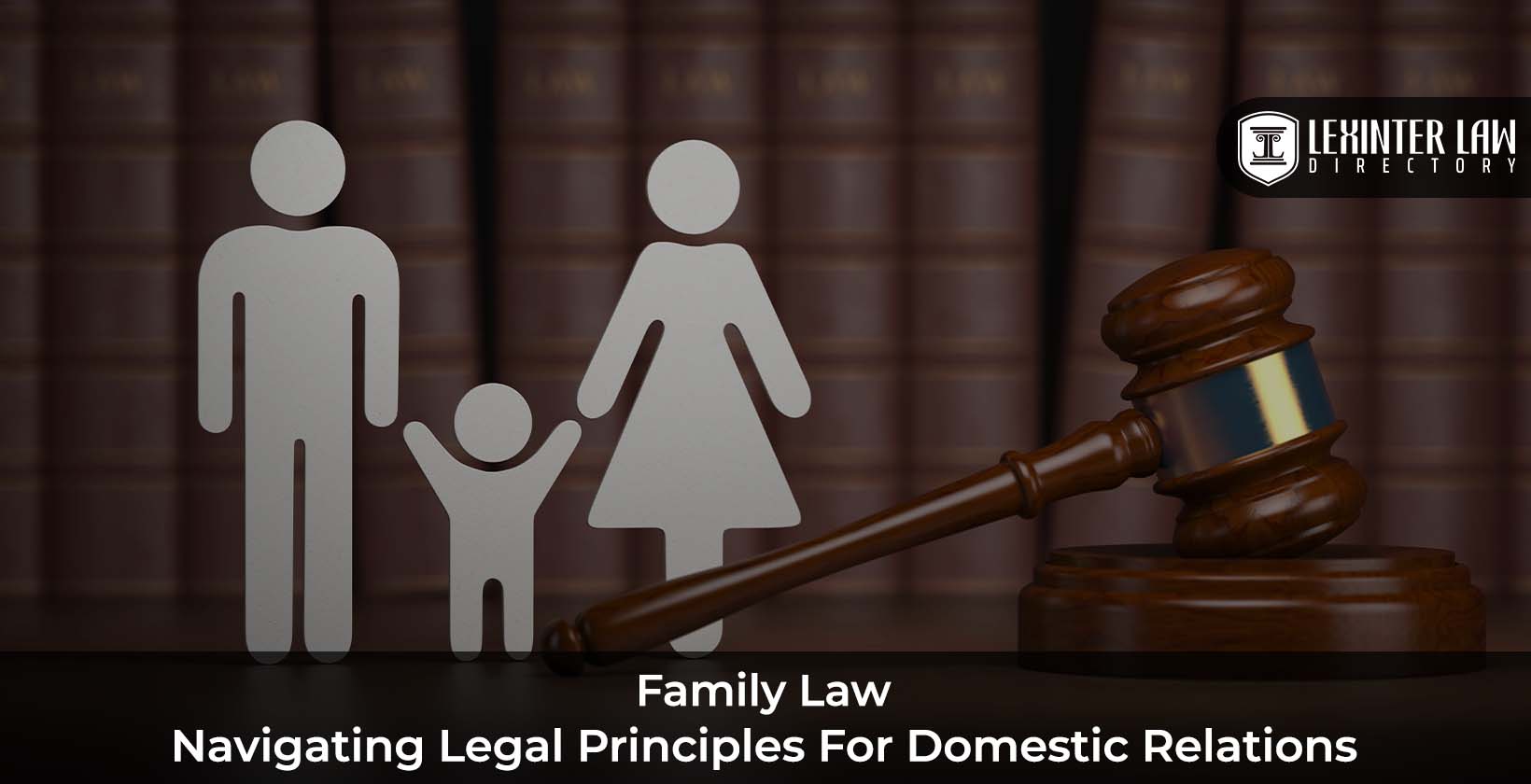The Core Principles of Law and Their Impact on Society

Introduction
Law is the backbone of civilization, ensuring order, justice, and stability in society. It establishes rules that govern human interactions, protects individual rights, and provides mechanisms for resolving disputes. Understanding the core principles of law is essential for appreciating its role in shaping modern governance and social structures.
The Fundamental Principles of Law
Legal systems around the world are built on key principles that define their function and purpose. Some of the most important legal principles include:
1. Rule of Law
The rule of law is the foundation of a just society. It asserts that no one is above the law, and all individuals, regardless of status, are subject to legal norms. This principle ensures fairness, accountability, and the protection of fundamental rights.
2. Justice and Equity
A fair legal system must prioritize justice and equity. Justice ensures that laws are applied impartially, while equity allows courts to consider unique circumstances and provide remedies that address individual needs.
3. Separation of Powers
This principle divides government authority among different branches—executive, legislative, and judicial—to prevent the concentration of power and ensure a system of checks and balances.
4. Legal Precedent
In many legal systems, past judicial decisions serve as precedents for future cases. This doctrine, known as stare decisis, promotes consistency, predictability, and stability in the application of the law.
5. Human Rights Protection
A fundamental purpose of law is to safeguard human rights, such as freedom of speech, equality, and due process. Legal frameworks ensure that these rights are respected and upheld by governments and institutions.
The Impact of Law on Society
The principles of law have a profound impact on societal development. Some key areas of influence include:
1. Social Stability
By defining acceptable behavior and establishing consequences for violations, law promotes harmony and reduces conflicts within communities.
2. Economic Growth
Clear legal frameworks support business transactions, protect property rights, and facilitate economic development by creating an environment of trust and security.
3. Protection of the Vulnerable
Laws provide protections for marginalized groups, ensuring that individuals receive fair treatment and access to justice regardless of their background or circumstances.
4. Crime Prevention and Punishment
Legal systems define criminal behavior and establish penalties, deterring unlawful activities and providing mechanisms for rehabilitation and enforcement.
Conclusion
The principles of law serve as the cornerstone of a functioning society. By upholding fairness, protecting rights, and ensuring accountability, legal systems contribute to stability and progress. As societies evolve, laws must adapt to new challenges while maintaining their fundamental values. A strong legal framework is indispensable for achieving justice, security, and prosperity for all.




Leave a Reply